SUMMARY
This is AI generated summarization, which may have errors. For context, always refer to the full article.
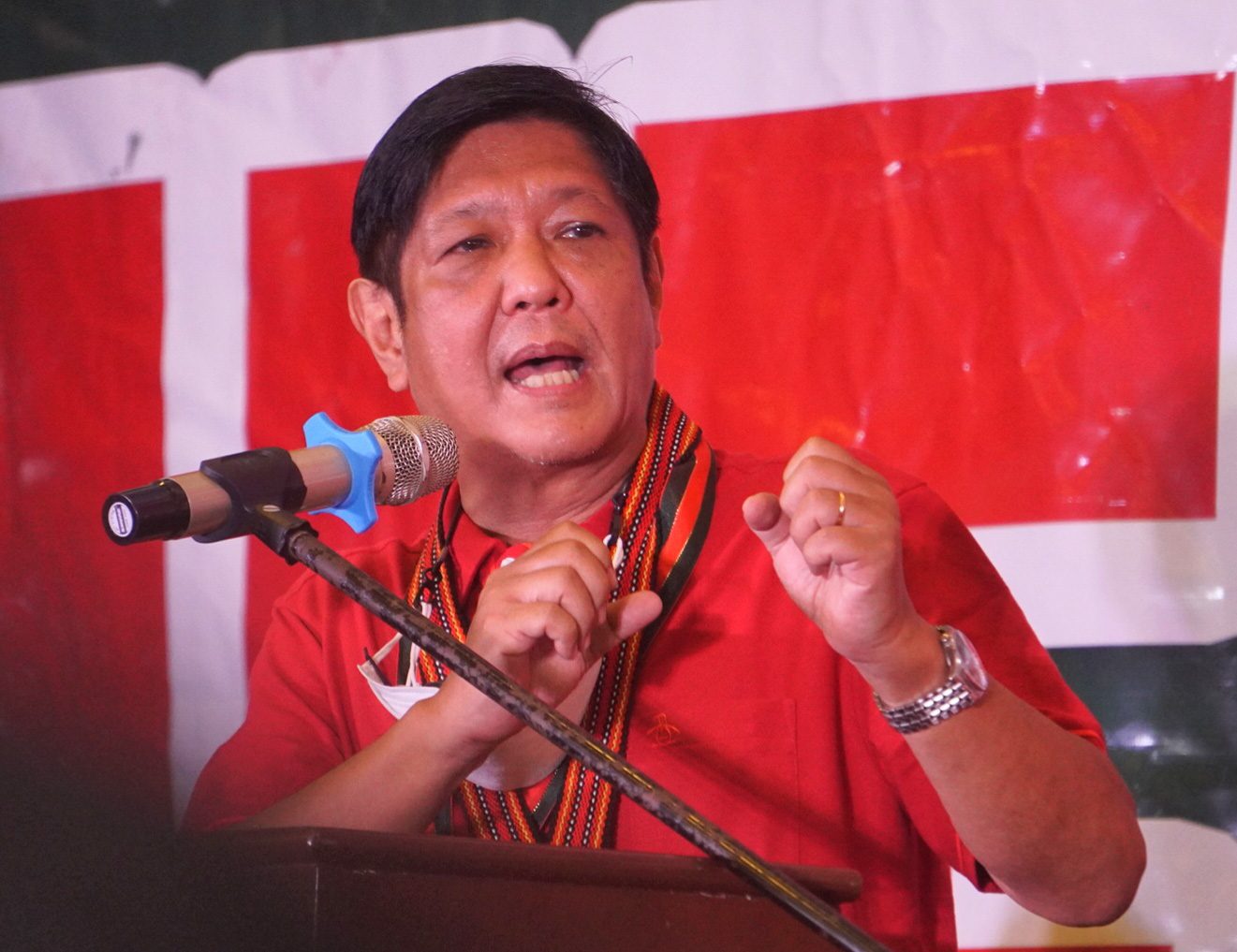
MANILA, Philippines – Presidential aspirant Ferdinand “Bongbong” Marcos Jr is looking to copy the labor export policy of his father during the martial law dictatorship, saying that when Filipino workers return from abroad, they should be retrained “with an eye to looking at the international labor market.”
“I propose also that we go back to the old system na pag umuwi yung OFW pag natapos na ang kontrata, that there will be a program of retraining especially for those that will come home and are hoping to go back para sa bagong kontrata,” Marcos said in an interview with the ALC media group Monday, January 4. (Quote starts 13:36)
(I propose also that we go back to the old system that when an Overseas Filipino Worker [OFW] comes home after finishing a contract, there will be a program of retraining especially for those that will come home and are hoping to go back for a new contract.)
Marcos’ father, the late dictator Ferdinand Marcos, implemented the so-called “Development Diplomacy” in 1975 which saw the rise of Filipinos going to the Middle East – still a popular destination for Filipinos, many for domestic work.
Marcos said if he becomes president, the retraining would be targeted.
“That is the old system before but with an eye to looking at the labor market, the international labor market. Saan ba ngayon ang maraming construction? Saan ba ngayon ang maraming naghahanap ng nurse, ng doktor? Saan ba ngayon where we can export?” said Marcos.
(Which country needs construction jobs, which is looking for nurses, for doctors. Where can we export.)
Asked on the same topic later that evening in an interview with entertainment host Boy Abunda, Marcos said “the ideal is nobody has to go, that we have enough jobs here in the Philippines…but we are a long way from that.”
Negative impacts
Labor export policy is opposed by many sectors because of its economic and social impacts.
In fact, when Senate passed the law that created a Department of Migrant Workers, labor committee chair Senator Joel Villanueva had to assure Filipinos that it doesn’t mean the country will be embracing labor export as a policy.
“Naniniwala po tayo na balang-araw – at hindi po tayo mawawalan ng pag-asa – na darating ang panahong hindi na kailangang mag-abroad ng Pilipino at mawalay sa kanyang pamilya para lang mabuhay. (We believe that one day – and we will not lose hope on this – there will come a time that Filipinos won’t need to go abroad and be away from their families just to survive),” said Villanueva.
Political Science Professor Jean Franco, who has written on labor export, told Rappler it also eases the pressure on government to create enough jobs here. Not only that, Franco said the government would also feel less burdened to provide services because OFWs would be able to provide those for their families.
“What economists are saying is if you are too reliant on labor export, you are not creating enough wealth. It’s not sustainable wealth,” Franco told Rappler in a phone interview Tuesday, January 25.
“They don’t want to rock the boat of inequality. You’re no longer going to confront inequality – with the laws and policies that you have that favor the wealthy and the rich, you’re no longer going to think of ways to make development more equitable because anyway a significant portion is already abroad contributing to the economy,” said Franco.
According to research published by the Asian Development Bank (ADB), another downside seen is family members receiving remittances from abroad reduce their work, which is “a moral hazard effect on labor supply,” said the study.
“Migration may generate dependency behavior at the household level. Overseas remittances do promote idleness on the part of the recipients,” said the paper by Alvin Ang, Guntur Sugiyarto, and Shikha Jha.
Marcos said he is in favor of the separate Department of Migrant Workers, as it would have its own funding to provide faster service or relief to OFWs in need.
Marcos also said he wants to revive his father’s BLISS program. BLISS is Bagong Lipunan Improvement of Sites and Services, a housing project by Marcos.
“Mag-isip tayo ng pabahay sa mga pamilya, uuwi yan wala pa rin silang bahay, squatter pa rin sila, mga engineer ito ah, hindi ito yung… mid-level ito, pero wala pa ring bahay,” Marcos said, adding that he would prefer mid-rise to high-rise housing apartments as opposed to house and lot.
(Let us thinkof housing for families. They come home from working overseas but they still do not own their houses. They are still squatters. These are engineers, they are mid-level and yet they do not own houses.)
– Rappler.com
Add a comment
How does this make you feel?








![[New School] Tama na kayo](https://www.rappler.com/tachyon/2024/02/new-school-tama-na-kayo-feb-6-2024.jpg?resize=257%2C257&crop=290px%2C0px%2C720px%2C720px)
![[Only IN Hollywood] After a thousand cuts, and so it begins for Ramona Diaz and Maria Ressa](https://www.rappler.com/tachyon/2024/02/Leni-18.jpg?resize=257%2C257&crop=262px%2C0px%2C720px%2C720px)
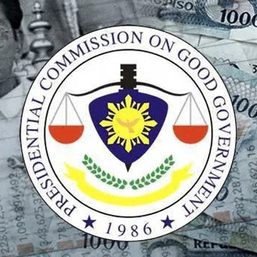
![[Newspoint] The lucky one](https://www.rappler.com/tachyon/2024/04/lucky-one-april-18-2024.jpg?resize=257%2C257&crop=536px%2C0px%2C1080px%2C1080px)
![[Just Saying] Marcos: A flat response, a missed opportunity](https://www.rappler.com/tachyon/2024/04/tl-marcos-flat-response-april-16-2024.jpg?resize=257%2C257&crop=277px%2C0px%2C720px%2C720px)
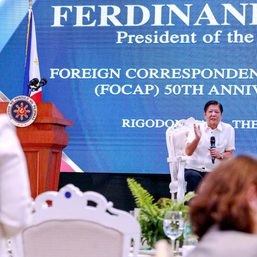
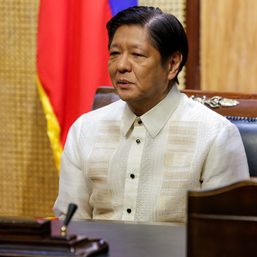
![[OPINION] If it’s Tuesday it must be Belgium – travels make over the Marcos image](https://www.rappler.com/tachyon/2024/04/tl-travel-makeovers-marcos-image.jpg?resize=257%2C257&crop_strategy=attention)


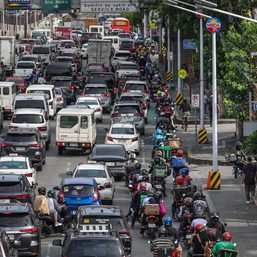

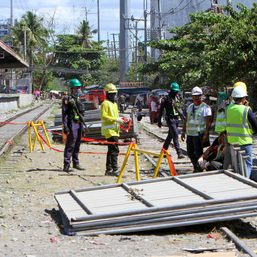
![[ANALYSIS] A new advocacy in race to financial literacy](https://www.rappler.com/tachyon/2024/04/advocacy-race-financial-literacy-April-19-2024.jpg?resize=257%2C257&crop_strategy=attention)
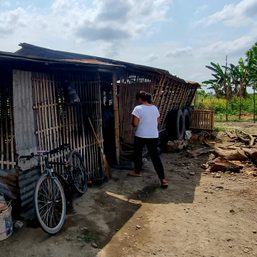
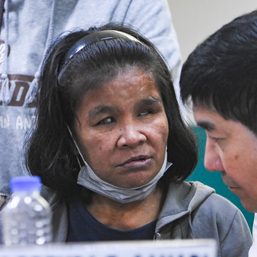
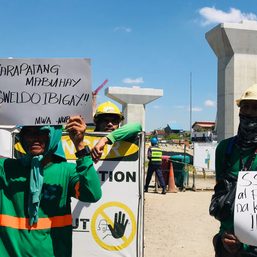
There are no comments yet. Add your comment to start the conversation.